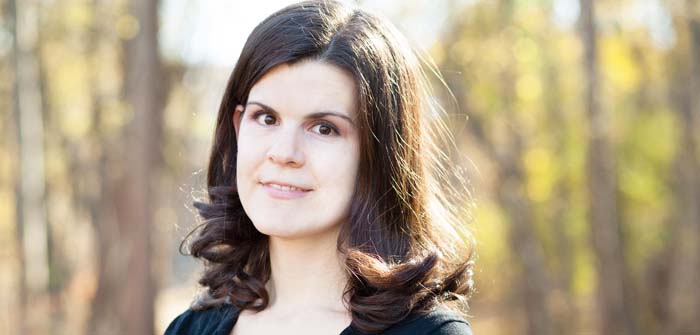President Joe Biden declared gun violence a public health epidemic April 7, 2021.
Through years of advocacy, research and in-field work, Jennifer Midberry, a journalism professor at Lehigh, is discovering how to better report on this lethal outbreak.
Midberry is a co-investigator on a research team that was awarded a $450,000 grant from the National Institute of Health in September 2023, allowing her to continue her research on gun violence reporting.
Members of the team include the primary investigator, Dr. Jessica H. Beard, a Temple University trauma surgeon with public health training, and co-investigator Christopher Morrison, a social epidemiologist at Columbia University.
Beard said in 2021 and 2022 she was observing twice the normal number of shootings in Philadelphia. Just at Temple University’s hospital, she and her coworkers took care of approximately 800 patients who had been shot in Philadelphia in 2021.
As a former photojournalist at the Philadelphia Daily News, Midberry pinpointed the origin of her research to her experience on the job.
“Unfortunately, stories involving gun violence were stories that I had to cover quite often,” Midberry said. “I would come up to the scene of a shooting or the home of a family and there were always these ethical issues swirling in my mind.”
When she would arrive at these scenes, Midberry said some of the victims or their families wanted to have coverage of the shootings, while others felt upset by the number of journalists present during a devastating time in their lives. She said she realized, in certain cases, she was hurting more than helping.
She found there weren’t studies or stories published in the field of journalism and communications that included the perspective of people who experienced gun violence and shootings.
This inspired Midberry to begin research.
She received a Faculty Innovation Grant, also known as a seed grant, from Lehigh. The program supports new research projects by providing funding to teams so they can access additional resources and continue to develop their work.
This allowed Midberry and her team to start the process of compiling gun violence-related news broadcasts in the Philadelphia area into a database that spans over a year.
The team worked at Temple University Hospital, which is also the busiest trauma center for gunshot wounds in the state, to conduct interviews with 26 survivors of gun violence.
These interviews revealed that participants felt the stories about themselves had been dehumanizing.
“I’ve had patients tell me ‘I wish I wouldn’t have made the news for something as negative as being shot because things were really going very well in my life and I was exposed in a way that I didn’t want to be,’” Beard said.
She also encountered a situation in which a patient’s family heard about the shooting of their loved one on the news before the victim herself was able to give them information.
“This study involved people who have lost someone, were survivors of gun violence and I even had one perpetrator,” Midberry said. “Others lived in neighborhoods that had persistent gun violence.”
She said the study revealed dehumanization amongst specifically people of color and produced largely stereotypical coverage of their neighborhoods.
“It made it seem like these communities are just places of terror,” Midberry said.
The team will conduct three surveys in three phases to collect opinions. From there they will conduct a content and spatial analysis.
They have gathered a panel of experts, which includes people who have experienced gun violence, public health scholars and journalists to fill out the surveys. The panel will be asked to identify what news practices and content they think are potentially harmful to those being reported on and the audience.
Midberry said despite her extensive research, she is far from finished.
“When I was learning about photojournalism, I was figuring out my boundaries and my limits in terms of ethics,” Midberry said. “So part of the motivation I have personally for this research comes from feeling like I didn’t always do it in the most ethical way myself and I regret that. I feel like part of the work that I’m doing now is an effort to correct it.”
Brian Creech, professor and chair of journalism and communications at Lehigh, said this research invites journalists to look at broader social conditions, policy, choices and economic decisions that contribute to an environment where gun violence is more prevalent.
“Dr. Midberry’s commitment to strengthen communities and thinking about the way that habits of journalism produce harm has been really productive for us and for me to think about how we change our pedagogy and the kind of lessons and values we build our classes around,” Creech said.
Midberry said she hopes this project will offer journalists new tools and an additional perspective for covering gun violence with a trauma-informed approach. Midberry strongly believes journalists need to think more critically about how initial coverage is conducted and reported before a story breaks.
From the research conducted thus far, Temple University is currently working on a preliminary toolkit for reporters to utilize when reporting on gun violence.
“We need reporting that is less extractive, more ethical and more empathetic,” Midberry said.






Comment policy
Comments posted to The Brown and White website are reviewed by a moderator before being approved. Incendiary speech or harassing language, including comments targeted at individuals, may be deemed unacceptable and not published. Spam and other soliciting will also be declined.
The Brown and White also reserves the right to not publish entirely anonymous comments.